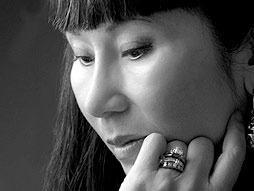I’m here at the Banff Centre in Alberta, Canada, wrapping up a multi-week residency with Electric Literature.
Feeling incredibly fortunate to have an endowment sponsorship supporting my time here, as well as the support of my day job in being away for several weeks.
Being in a community of like-minded writers has been so lovely, but I’m also very thankful for our guest faculty, including Halimah Marcus, Jess Zimmerman, Susan Choi, and Meredith Talusan.
Two nights ago, Dionne Brand gave a beautiful talk about the meaning of autobiography and fiction in her work, and titled this lecture “To Look Again”:
Autobiography affords and allows one to look again at the materials of life — to look again and make sense of the act of living — unravel what simultaneity collapses… get out from under certain ways of thinking/knowing…..
How one is made and how one makes oneself.
She went on to describe the framing of autobiography as something that can be transformed, carrying the personal and molecular forward as a metaphor for the construct of history. This description resonated so deeply with me because it’s very similar to the way I write. I take my own experiences — what I know and what continues to shape me — and use these events, big or small, as dynamic forces to shape my work.
I’m carrying that spirit forward with me for the rest of this week as I work on several big projects.
Hope it sparks creativity in you, too!









